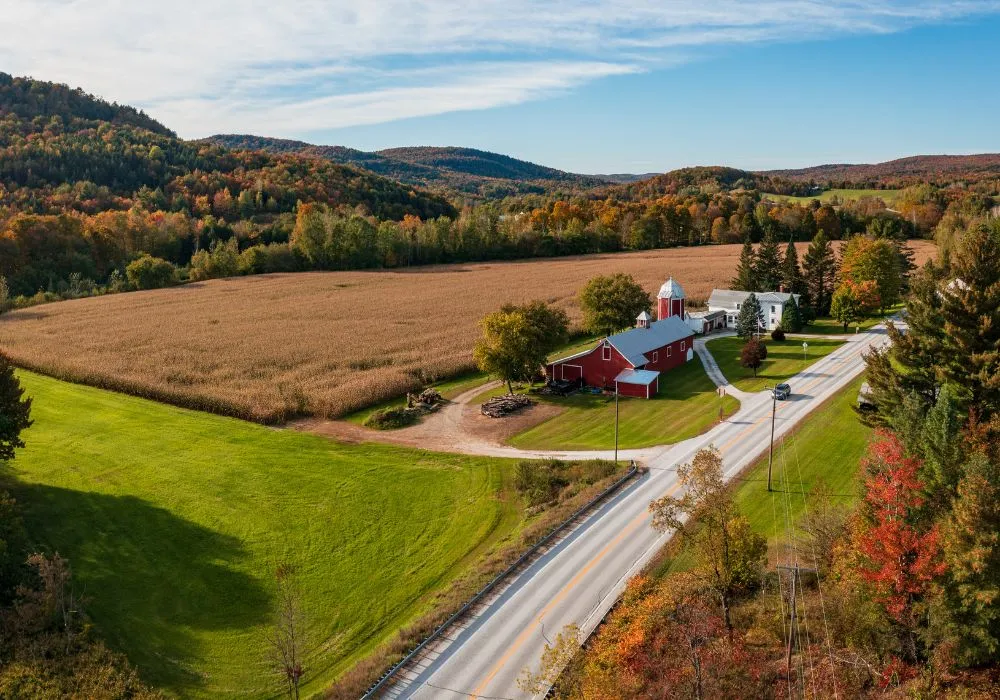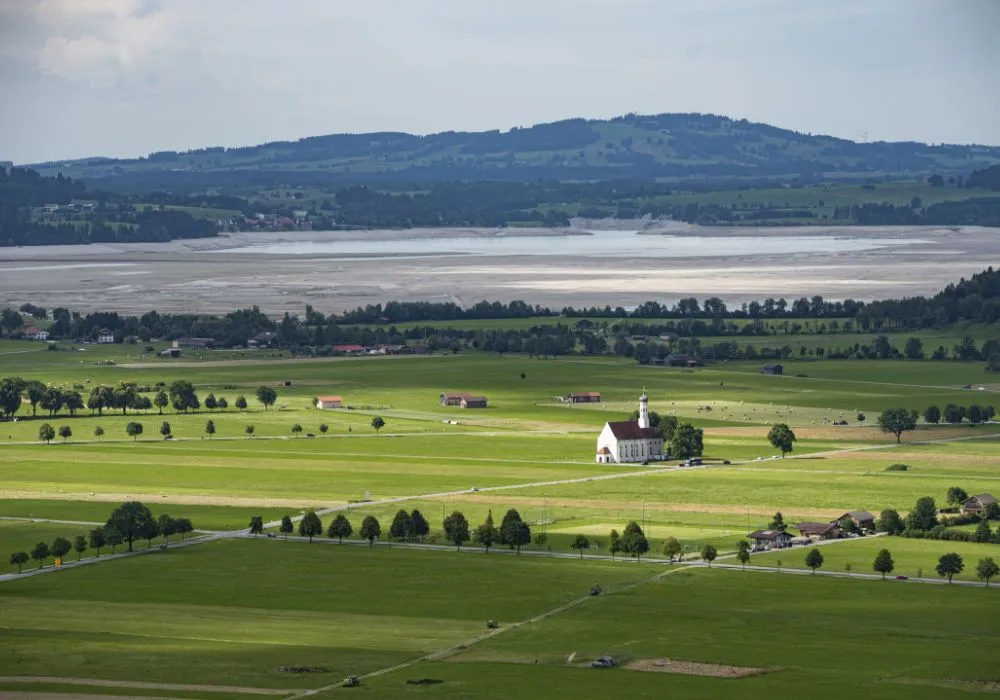Just like planting and harvesting, there is a distinct seasonality to the farm real estate market. Understanding these annual rhythms can give both buyers and sellers a strategic advantage. While any time can be the right time for the right property, certain seasons offer unique opportunities.

Why Seasonality Matters in Farm Real Estate
Unlike residential real estate, the farm market is deeply connected to the agricultural calendar. The appearance and perceived potential of a property change dramatically from a snow-covered field in January to a lush, green crop in July. This has a psychological and practical impact on buyers and sellers.
The Best Time to Buy a Farm
For buyers, the off-season can be the best time to find value and face less competition.
Fall: A Window of Opportunity
Autumn is arguably the best time to view a farm property. The harvest is complete, providing a clear picture of the year's results. You can walk the fields, see the stubble, and get a true sense of the land's topography and drainage without a crop in the way. Sellers are often motivated to close a deal before winter sets in.
Winter: A Time for Serious Buyers
The market is quietest in the winter. While it's difficult to assess the land under a blanket of snow, this is when the most serious buyers are looking. There is less competition, and you may find sellers are more flexible on price and terms, especially if the farm has been on the market since the fall.

The Best Time to Sell a Farm
For sellers, showcasing a property when it looks its best is the key to attracting the most interest and the highest price.
Spring: Showcasing Potential
As the snow melts and the land comes to life, the farm market heats up. A farm listed in the spring is a canvas of potential. Buyers are optimistic and actively looking to get a deal done in time for the current crop year if possible.
Summer: A Thriving Landscape
Listing a farm in mid-summer showcases it at its absolute peak. The crops are high, the landscape is green, and the farm looks its most productive and appealing. This can create a strong emotional draw for buyers and often leads to the highest sale prices.

Beyond the Seasons: Other Factors to Consider
Seasonality is just one piece of the puzzle.
Market Conditions: Interest rates, commodity prices, and overall economic health can outweigh seasonal trends.
Your Personal Situation: Personal and financial timelines are often the most important factor in a decision to buy or sell.
The Type of Farm: A livestock operation's peak season may differ from a cash crop farm.

Conclusion: Strategic Timing for a Successful Transaction
Understanding the seasonal flow of the farm real estate market allows you to be a more strategic participant. Buyers can benefit from looking when others aren't, while sellers can capitalize on peak seasons to maximize their return. By combining this knowledge with expert advice and an understanding of broader market forces, you can time your transaction for the best possible outcome.

